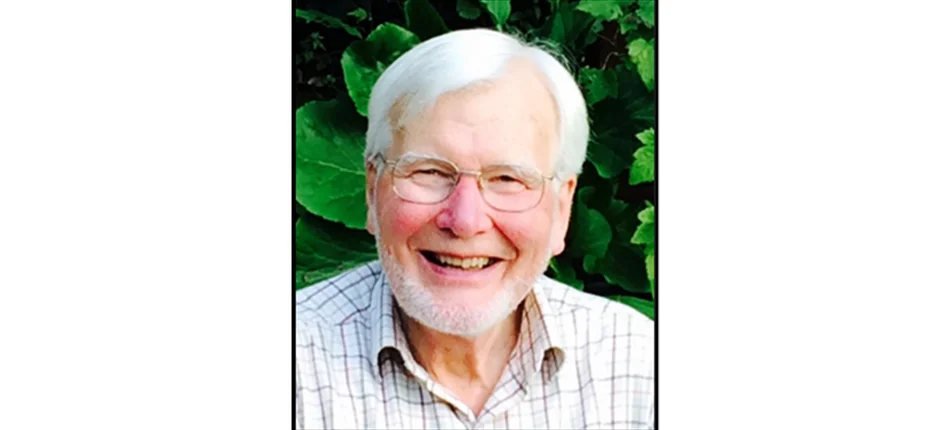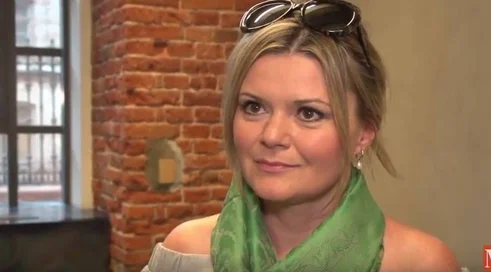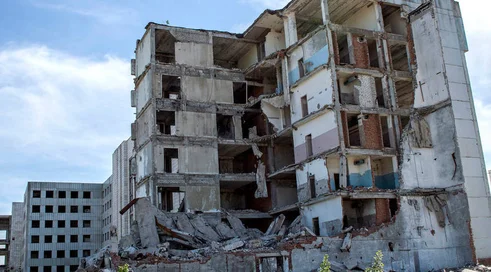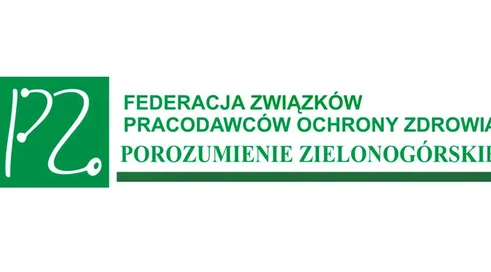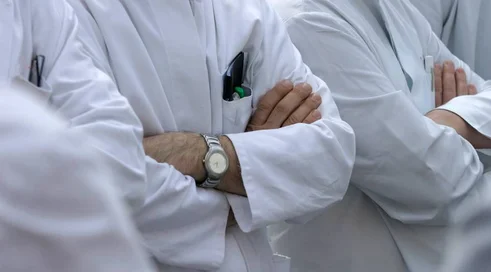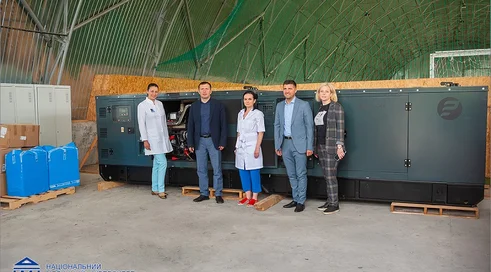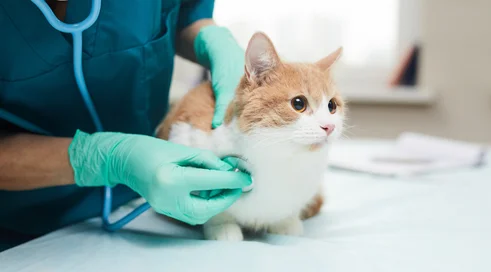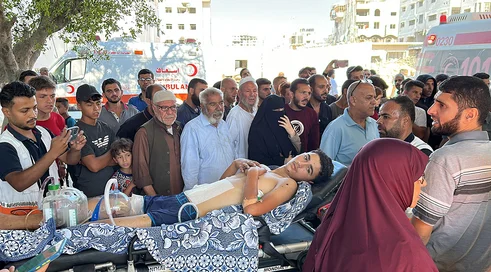Katarzyna Cichosz: Professor, it was you who brought palliative medicine to Poland together with Cicely Saunders. Which year did you visit for the first time? What inspired you to visit Poland?
Robert Twycross: Cicely’s visit in 1978 was engineered by two Polish medical students, Joanna Pepke and Zbigniew Żylicz, as a result of visiting St Christopher’s Hospice in London two years earlier. Cicely lectured in Gdansk, Warsaw and Kraków. In Gdansk, at least partly as a result Cicely’s visit, the Pallotinum Hospice was subsequently set up by Father Eugeniusz Dutkiewicz.
Memory can play tricks but, from my passport, I see that my first visits to Poland were in 1988, 1990, 1991, and 1992. (There have been many more since!) The first one was the result of an invitation from (or in conjunction with) the Pallotinum Hospice in Gdansk. Father Eugeniusz met me at the airport in Warsaw and we drove for 2-3 hours to a convent for a residential conference attended by several dozen people. I don’t remember the exact number, nor the background of those attending.).
After the conference, I spent a short time in Gdansk as the house guest of Professor Julian Stolarczyk (a surgeon) and his wife, Dr Ewa Śmigielska-Stolarczyk (a radiologist and hospice volunteer) in Gdansk before returning home via Warsaw. I observed the work of the volunteer-staffed Pallotinum Hospice (mainly homecare with a few beds in a convent). The Stolarczyks subsequently translated a textbook I had written with Dr Sylvia Lack: ‘Leczenie terminalnej fazy choroby nowotworowej’ (published in 1991).
What inspired me to visit Poland? I had long been an advocate for palliative care, had written several textbooks, and had already been invited to lecture in several countries. I suspect Zbigniew Zylicz had a hand in engineering the invitation. In fact Dr Zylicz is an important and recurring figure in the story of palliative care in Poland, although by 1988 he was working in the Netherlands and subsequently in the UK and Switzerland.
Katarzyna Cichosz: By the end of the 1980s there were already hospices for adults in Gdańsk, Kraków and Poznań. With which of the Polish hospices did you start your cooperation?
Robert Twycross: At some point during those first four visits I visited these three cities and lectured in Warsaw as well. I first met Professor Jack Luczak from Poznan in Milan in 1988 at the first European Conference on Palliative Care. This led to an invitation in 1990 to lecture to the medical fraternity in Poznan before going with Jacek to a small conference centre in Katowice to jointly run a 5-day course for doctors from around Poland. Jacek, as Head of the Palliative Care Clinic of the Oncology Department of the Medical University of Karol Marcinkowski, had already established an expanding hospice and palliative care programme there, and was determined to train doctors from around Poland and in Eastern European countries.
This led to an accord with Sir Michael Sobell House (in one of the University Hospitals where I worked in Oxford), and annual residential courses run jointly with the team in Poznan. These courses were never in the same place and accommodation was typically fairly basic. In 1991, we ran the course near Slezin, a coal mining town. We staye...
Content locked
To gain access to the complete English section of the Medexpress.pl, kindly reach out to us at [email protected].



